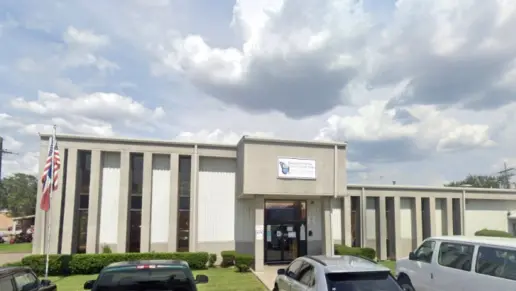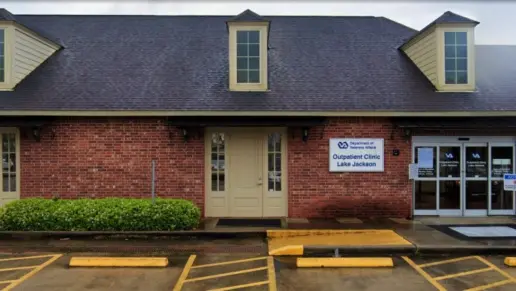About Lifestream Behavioral Health
Located in Houston, Texas, Lifestream Behavioral Health offers a welcoming atmosphere to support you as you recover from substance use disorder. Houston boasts a thriving arts and culture scene, with beautiful parks and year-round outdoor activities. Exploring the city during treatment can contribute to your self-care plan and enhance your journey.
Lifestream Behavioral Health serves adult women, adult men and transitional age young adults. To access care, they accept cash or self-payment and funds through government programs.
Outpatient Treatment Options at Lifestream
They provide both general outpatient and intensive outpatient programs (IOP) depending on how advanced your needs are. I like that their outpatient programs are designed to allow you to continue to attend to your daily obligations because you’ll still be living at home.
Another thing unique about them is that they specialize in treating opioid addiction without the use of medication. This can be a great intervention for you if you’re seeking a natural way to recover.
Extensive Counseling Services to Compliment Your Care
Substance abuse counseling is a core part of all of the treatment approaches at the center. They provide individual counseling, group counseling where you can connect with others, and even family counseling so that your support system can receive support with you.
To assist you in emotional regulation, they have an anger management program. Their relapse prevention and aftercare programs are effective in helping you stay successful after you’ve formally concluded treatments. The facility is conveniently located just off of interstate 45.
Rehab Score
Other Forms of Payment
Self-pay involves paying for treatment out of your own pocket. You can use savings or credit, get a personal loan, or receive help from family and friends to fund your treatment. If you don't have insurance or your insurance plan doesn't cover a specific program, self-pay can help ensure you still get the care you need.
Addiction Treatments
Levels of Care
 Outpatient
Outpatient
 Intensive Outpatient
Intensive Outpatient
Treatments
The goal of treatment for alcoholism is abstinence. Those with poor social support, poor motivation, or psychiatric disorders tend to relapse within a few years of treatment. For these people, success is measured by longer periods of abstinence, reduced use of alcohol, better health, and improved social functioning. Recovery and Maintenance are usually based on 12 step programs and AA meetings.
During rehab in Texas, you'll deal with underlying issues that contribute to addiction. By addressing these challenges and learning healthy ways to cope with them, you'll develop strategies that help you live a drug-free lifestyle.
Many of those suffering from addiction also suffer from mental or emotional illnesses like schizophrenia, bipolar disorder, depression, or anxiety disorders. Rehab and other substance abuse facilities treating those with a dual diagnosis or co-occurring disorder administer psychiatric treatment to address the person's mental health issue in addition to drug and alcohol rehabilitation.
A combined mental health and substance abuse rehab has the staff and resources available to handle individuals with both mental health and substance abuse issues. It can be challenging to determine where a specific symptom stems from (a mental health issue or an issue related to substance abuse), so mental health and substance abuse professionals are helpful in detangling symptoms and keeping treatment on track.
Opioid rehabs specialize in supporting those recovering from opioid addiction. They treat those suffering from addiction to illegal opioids like heroin, as well as prescription drugs like oxycodone. These centers typically combine both physical as well as mental and emotional support to help stop addiction. Physical support often includes medical detox and subsequent medical support (including medication), and mental support includes in-depth therapy to address the underlying causes of addiction.
Programs

Adult Program

LGBTQ Program

Young Adult Program
Clinical Services
Group therapy is any therapeutic work that happens in a group (not one-on-one). There are a number of different group therapy modalities, including support groups, experiential therapy, psycho-education, and more. Group therapy involves treatment as well as processing interaction between group members.
Contact Information
123 Northpoint Drive
Suite 180
Houston, TX 77060


